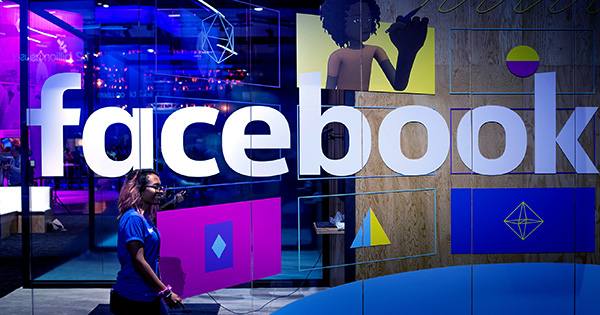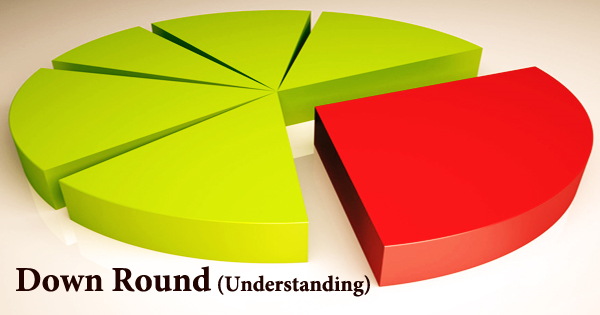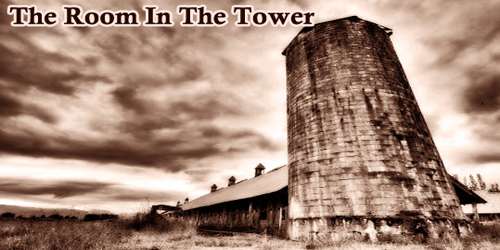If you spend enough time reading about Bitcoin, you’ll eventually come across folks who refer to it as a religion. Bitcoin has been dubbed “the first authentic religion of the twenty-first century” by Bloomberg’s Lorcan Roche Kelly. Hass McCook, a proponent of Bitcoin, has adopted the moniker “The Friar” and published a series of Medium articles comparing Bitcoin to a religion. The Church of Bitcoin, which was created in 2017, expressly refers to Satoshi Nakamoto, the famed Bitcoin founder, as its “prophet.” Billboards in Austin, Texas, with slogans like “Crypto Is Real” strangely resemble the ubiquitous billboards about Jesus located on Texas highways. Bitcoin, like many faiths, has dietary requirements attached to it.
THE DIRTY SECRET OF RELIGION, Is Bitcoin a religion because it has prophets, evangelists, and dietary laws? As a religious scholar, I believe this is the incorrect question to ask. Religious studies’ dirty little secret is that there is no uniform definition of religion. Christianity, Islam, and Buddhism are all traditions with commonalities, but the idea that they are all manifestations of religion is very new.
Around the 16th century, the word “religion” as we know it today developed in Europe, encompassing a wide range of cultural concepts and behaviors related to God, the afterlife, and morality. Many Europeans used to believe that the world was divided into three sorts of people: Christians, Jews, and heathens. After the Protestant Reformation, a long series of battles between Catholics and Protestants changed this model.
These were dubbed “religious conflicts,” and religion became a way of expressing disagreements among Christians. Europeans were also discovering foreign civilizations through exploration and colonialism at the same period. Some of the traditions they encountered were classified as religions because they resembled Christianity in some ways.
The word “religion” has never had a direct equivalent in non-European languages. What constitutes religion has evolved throughout time, and assessing whether or not anything is a religion is always fraught with political considerations. “The interesting thing to investigate, then, is not what religion is or is not,” says religion historian Russell McCutcheon, “but the’making of it’ process itself – whether that manufacturing activity takes place in a courtroom or is a claim made by a people about their own behaviors and institutions.”
IRRATIONALITY IS MENTIONED BY CRITICS. In light of this, why would anyone call Bitcoin a religion? This assertion appears to be made by some critics in order to scare investors away from Bitcoin. “Crypto is a religion, not an investment,” claimed Mark Mobius, an emerging market fund manager, in an attempt to temper cryptocurrency euphoria. His remark, on the other hand, is an example of the false dichotomy fallacy, which holds that if something is one thing, it can’t be another. There’s no reason why a religion couldn’t also be a business, a political system, or almost anything else.
Mobius’ point, on the other hand, is that “religion” is irrational, just like Bitcoin. Since the Enlightenment, when Voltaire stated, “Nothing can be more hostile to religion and the clergy than reason and common sense,” this criticism of religion has been present. Labeling Bitcoin a “religion” in this scenario implies that bitcoin investors are fanatics who do not make sensible decisions.
BITCOIN IS AS GOOD AND WHOLESOME AS IT GETS. Some Bitcoin supporters, on the other hand, have embraced the religion moniker. McCook’s articles use religious language to highlight and legitimize some features of Bitcoin culture. For example, “stacking sats” – the practice of buying small fractions of bitcoins on a regular basis — sounds strange. McCook, on the other hand, refers to this behavior as a religious ceremony, namely “tithing.” Tithing is a practice in which members of a church make recurring donations to assist the church.
As a result, this analogy makes sat stacking appear more familiar. While religion may be connected with the irrational for some, it is also associated with “the good, moral, and decent error,” as religion historian Doug Cowan puts it. That instance, some individuals believe that if anything is truly a religion, it must stand for something positive. People who “stack sats” may appear strange. Tithers, on the other hand, may appear principled and wholesome.
















